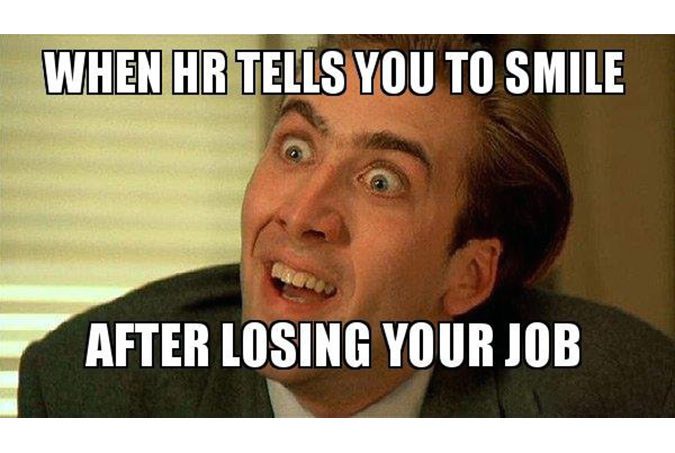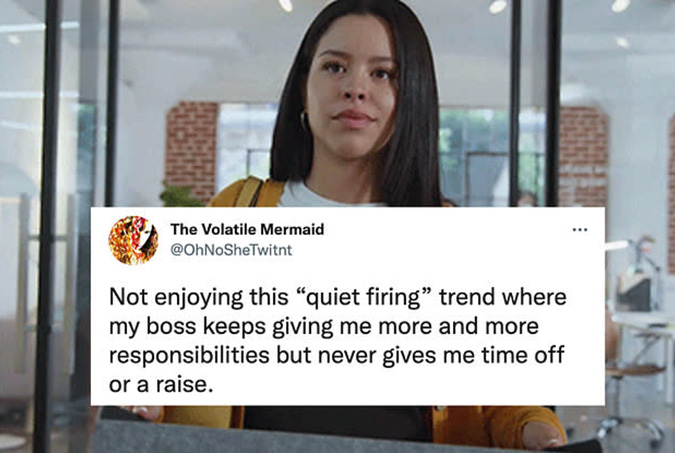It’s been a bit of a week at my place of employment. Just finished up a “workforce reduction,” or “employee rebalancing,” or “rightsizing,” or whatever the euphemism du jour is for layoffs. And judging by my LinkedIn feed, so did everyone else. It’s been a helluva few months around these parts, and if you still have a job, congratulations. If you were one of those “impacted,” or “affected,” or “transitioned,” or whatever the euphemism du jour is for getting fired, you have my sincerest sympathy. It sucks. I’ve been there. And it sucks.
This stuff is cyclical, apparently, and necessary for the health of a company, and we’re just supposed to accept that, I guess. Every 4 or 5 or 6 years or so, people’s lives—hard-working, talented, dedicated people—are just going to have to suck it up, cross their fingers, tell their family not to worry, and hope its the coworker next to you whose number is up this time around and not you. And it sucks.
But I have questions. I don’t know, maybe I’m stupid (possible), or naive (likely), or crazy (certain), but I just don’t understand why this has to keep happening. If the definition of insanity is doing the same thing over and over again while expecting different results, we all must be mad. And it sucks.
So here, in no specific order, are the things I’m too stupid or naive or crazy enough to understand:
They fired that person? I’ve seen some shocking names in my feed telling the world that they’ve been laid off. People who I personally know and have worked with and have experienced firsthand the brilliance they bring to the table every day of their professional life. That’s the person they chose to let go? Why them? What’s the criteria? Is it random? Throwing darts at a bunch of names until some quota has been met? Sure, the PR folks put together a bunch of corporate speak sound bites about how “the business is realigning around new strategic initiatives” and the such, but that doesn’t mean anything. It’s a black box in many cases. In most cases. Which in turn causes me to wonder…
How can they be so terrible at messaging these things? The boilerplate platitudes from the creative writing experts over at legal are almost worse than if they said nothing. Obviously, they can’t say nothing, though. They have to position this stuff as sound business strategy. Sure, these are hard decisions, but running a company is hard. We regular folks don’t understand this. You’d have to have the immense brain power of a C-suite executive to even possibly comprehend how these things come to pass. Keeping the company’s stock price up isn’t easy. Which in turn causes me to wonder…
Would a temporary drop in stock price be the end of the world? Being profitable isn’t enough; profits have to grow. Constantly. That’s why CEOs get paid the big bucks. That’s why CEO compensation is tied to improvements in the stock price and has nothing to do with employee satisfaction or retention rates, or metrics that measure the internal health of a company.



